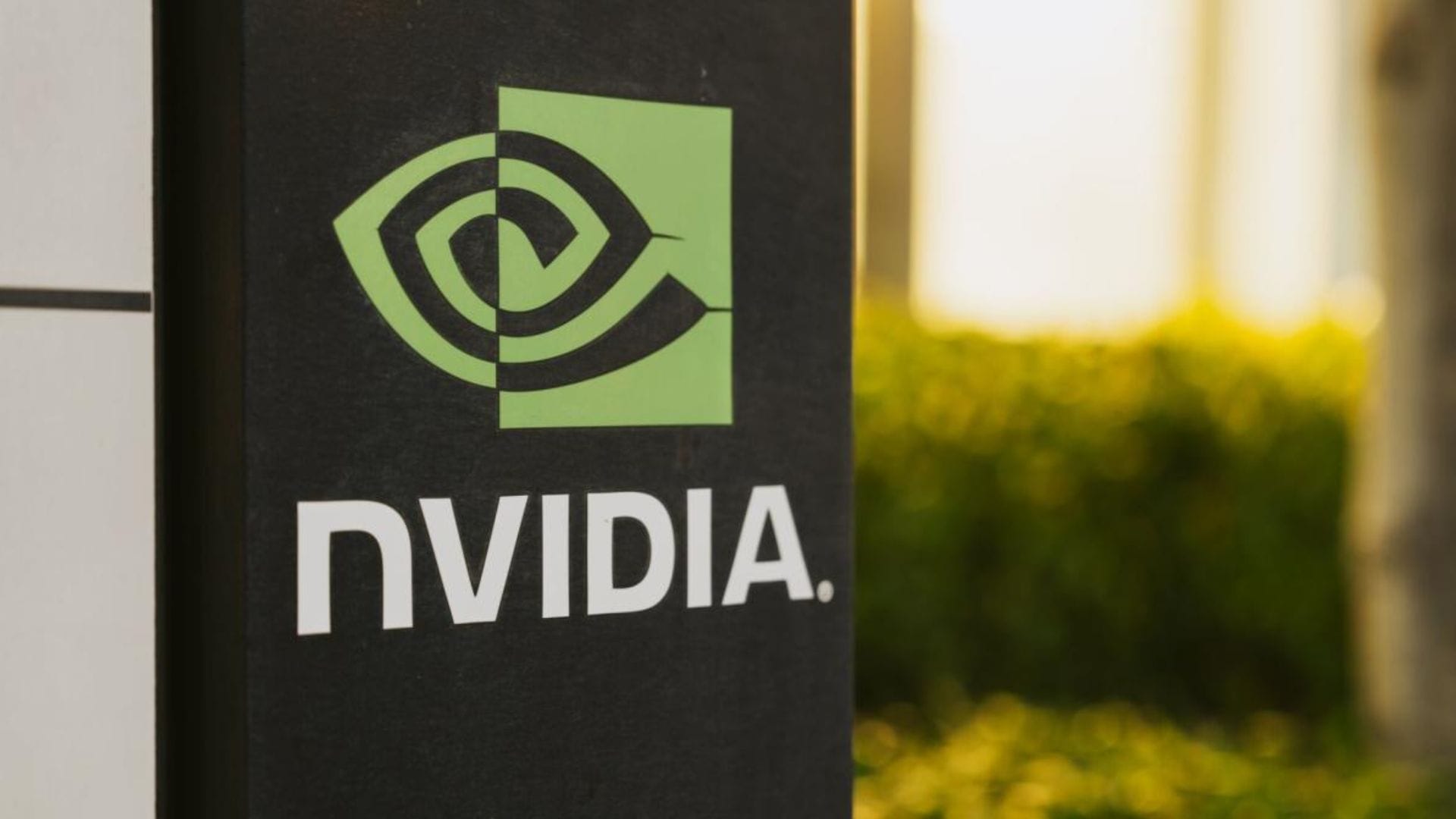Nvidia collaborates with Google to advance quantum computing
Nvidia partners with Google to design quantum processors, using its Eos supercomputer to overcome challenges in scaling up quantum hardware.

Nvidia, a leading name in artificial intelligence (AI) technology, has joined forces with Google to tackle the challenging world of quantum computing. This partnership aims to make strides in a technology that has long felt like something from science fiction.
Table Of Content
Google’s Quantum AI team will use Nvidia’s Eos supercomputer to speed up the creation of quantum computing components. Announced on Monday, this collaboration focuses on simulating the complex physics necessary to design quantum processors, addressing some of the most challenging obstacles in the field.
Using quantum mechanics to revolutionise computing
Quantum computing seeks to harness the principles of quantum mechanics to develop systems far more powerful than traditional semiconductor-based computers. While the potential is enormous, the field remains in its early stages. Despite claims of breakthroughs, experts suggest that large-scale, practical quantum computing projects may still be decades away.
One of the biggest challenges is dealing with interference, or “noise,” which becomes increasingly problematic as quantum processors grow in power. Nvidia believes its technology can help Google tackle this issue effectively.
“The development of commercially useful quantum computers is only possible if we can scale up quantum hardware while keeping noise in check,” explained Guifre Vidal, a research scientist at Google Quantum AI. “Using Nvidia accelerated computing, we’re exploring the noise implications of increasingly larger quantum chip designs.”
Leveraging Nvidia’s Eos supercomputer
Nvidia’s Eos supercomputer, powered by the company’s advanced AI accelerator chips, is at the heart of this effort. This system will simulate how quantum components interact with their surroundings, providing critical insights for improving chip performance.
One key hurdle in quantum computing is the extreme cooling required for quantum chips. Using Nvidia’s powerful computational tools, Google can analyse these challenges more quickly and at a lower cost. According to Nvidia, tasks that previously required a week of expensive calculations can now be completed in minutes.
A significant moment at SC24
This announcement is just one of many Nvidia is making at SC24, the International Conference for High-Performance Computing, Networking, Storage, and Analysis, held this week in Atlanta. The collaboration underscores Nvidia’s growing influence in cutting-edge technology, from AI to quantum computing.
As the technology matures, partnerships like this could pave the way for a quantum leap in computing capabilities, with implications for fields ranging from cryptography to drug discovery.
















